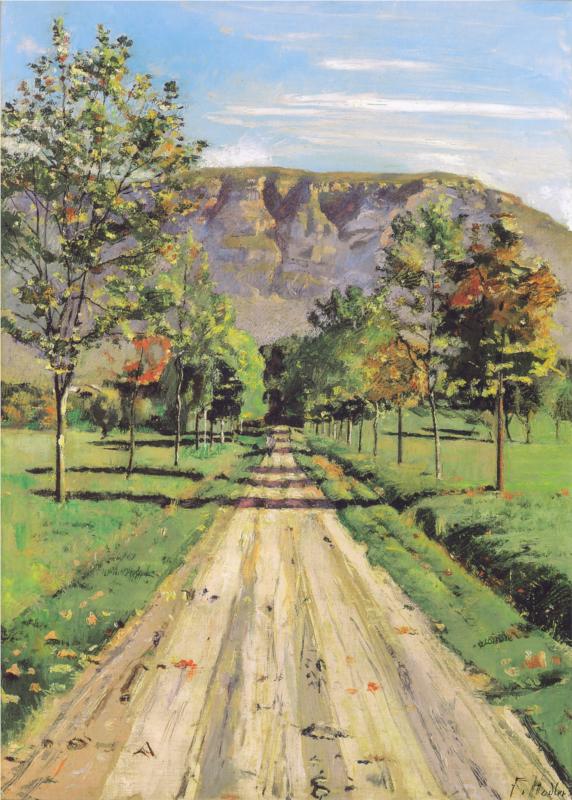From The Canterbury Tales, to Jack Kerouac’s On the Road, the transformations that happen when we hit the road and leave our daily routines behind can open a whole new dimension of experience. In the course of a journey, we meet new characters, experience obstacles and solve the challenges that unfold in the course of our journey. Road trips are not always easy. Flannery O’Connor blends the concept of horror and social realism, along with a dash of ironic humor, in “A Good Man is Hard to Find,” when she tells the story of a family road trip gone horribly wrong.
This summer, take a notebook on your own creative writing road trip with you and take notes. Eavesdrop on the back seat squabbles and the decisions about what to order in the truckstops. Tell the story of a road trip in all its realistic detail. Include the bickering in the car, the argument over how to drive safely, or try to capture the reflective connected silence between a parent and a child that unexpectedly bonds them after a year of fighting. Use your own memories of journeys, and tell the back stories that begin to weave their way into the narrative as you recall some of the adventures. Before you begin, think of the transformations you experienced while you were on the road, and find the material that you think will give you the most dramatic material. That drama can be subtle, an internal “letting go” of a relationship that is over, or it can be more dramatic, Thelma and Louise on the lam. Enjoy the journey, and see where the road leads you with the characters who accompany you on the way.

